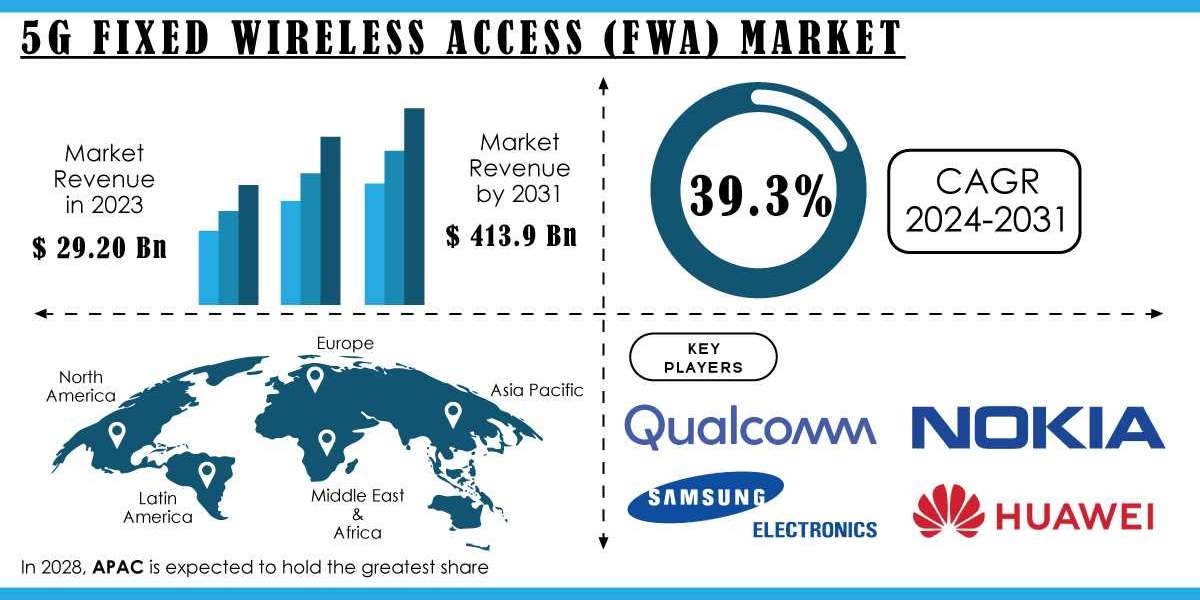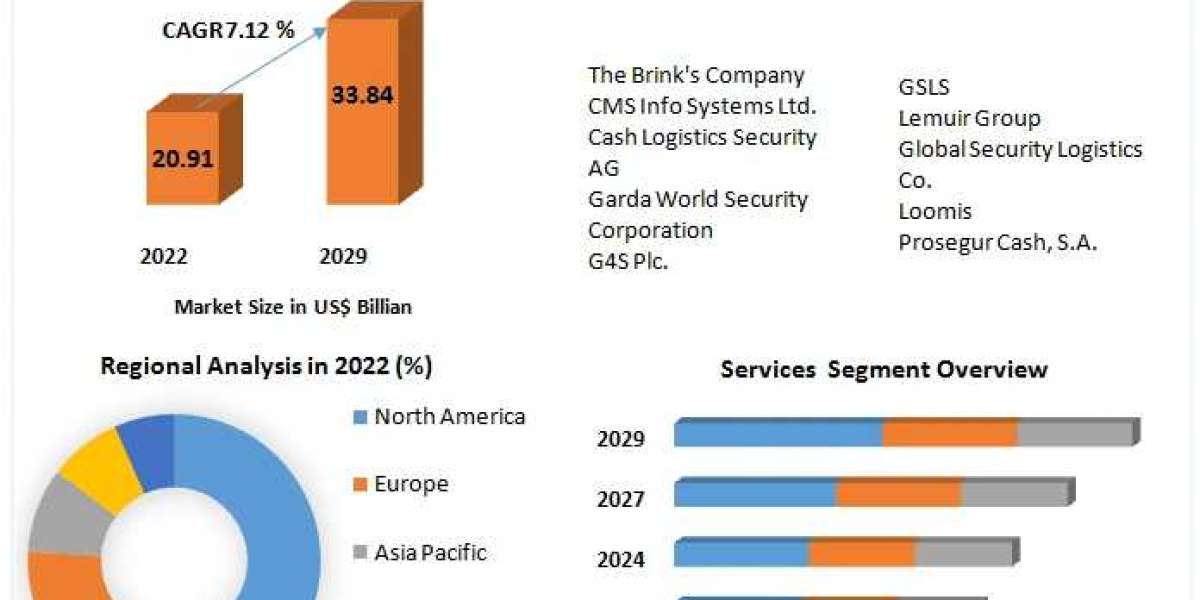Over the next 10 years, the global washing appliance market is expected to grow at a compound annual growth rate (CAGR) of 9.3%, from US$ 50 billion in 2024 to US$ 121.5 billion by the end of 2034.
The market has grown and changed significantly in recent years as a result of rapidly advancing technology and shifting consumer habits. Modern homes are now completely dependent on washing machines due to the growing need for efficiency and ease in household tasks. Advanced washing technologies, energy efficiency, and smart connectivity are just a few of the cutting-edge features that have revolutionized the washing appliance market.
Download a Sample Copy Of Report: https://www.factmr.com/connectus/sample?flag=Srep_id=9876
In the realm of household chores, few tasks are as essential yet mundane as doing laundry. However, with the advent of advanced technology and innovative features, even this seemingly routine chore is undergoing a transformation. The washing appliance market is experiencing a surge in demand, driven by technological advancements, shifting consumer preferences, and an increasing focus on efficiency and convenience.
Competitive Landscape:
Businesses are actively exploring strategies for global expansion, including launching new products, forming strategic alliances, collaborating with other companies, and making substantial financial investments. In the highly competitive washing appliance market, companies need to offer affordable products to survive and thrive.
In 2023, Xerox Technology Group partnered with IFB Industries Ltd., an Indian manufacturer, to provide top-notch washing machines specifically designed for Indian homes and railway systems. These machines incorporate Xerox's special care technology, enhancing their load-handling capabilities.
In 2022, TCL Electronics teamed up with Jashanmal, a major appliance retailer, to expand the availability of its high-quality home appliances in the UAE, Oman, and surrounding regions.
The Evolution of Washing Appliances
Washing appliances have significantly advanced from their modest origins, evolving from basic washboards and hand-cranked machines to cutting-edge devices with state-of-the-art features. Modern washing machines now incorporate advanced technologies like artificial intelligence, IoT connectivity, and energy-efficient designs, transforming how we manage laundry care.
Key Companies Profiled:
- Whirlpool Corporation
- LG Electronics Inc.
- Panasonic Corporation
- Toshiba
- Haier Group
- Bosch
- Maytag
- Videocon Industries Ltd.
Key Drivers of Market Growth
Several factors are driving the growth of the Washing Appliance Market. The integration of smart technology enables washing machines to be remotely controlled and monitored via smartphones, providing users with exceptional convenience and flexibility. Additionally, heightened awareness of environmental sustainability has spurred the development of eco-friendly washing machines that use less water and energy, thereby reducing their carbon footprint.
Moreover, the rise of urbanization and the increasing prevalence of dual-income households have bolstered the demand for washing appliances capable of handling larger loads and delivering faster washing cycles. Furthermore, the COVID-19 pandemic has highlighted the importance of cleanliness and hygiene, resulting in a surge in demand for washing appliances equipped with advanced disinfection features.
Innovations Shaping Market Dynamics
One of the most significant trends influencing the Washing Appliance Market is the integration of artificial intelligence (AI) and machine learning algorithms. These technologies enable washing machines to analyze fabric types, adjust water temperature and detergent levels accordingly, and optimize washing cycles for superior cleaning performance while minimizing energy consumption.
Additionally, IoT connectivity allows washing machines to communicate with other smart home devices, facilitating seamless integration and automation of household chores. Users can receive alerts when the laundry cycle is complete, monitor energy usage, and even schedule wash cycles during off-peak hours to save on utility costs.
Read More: https://www.factmr.com/report/washing-appliance-market
Market Outlook and Future Trends
The Washing Appliance Market is set to experience sustained growth in the coming years, driven by continuous technological advancements and evolving consumer lifestyles. Analysts forecast that the market will exceed USD 60 billion by 2027, with a compound annual growth rate (CAGR) of over 5%. As manufacturers invest in research and development to address changing consumer needs, we can anticipate significant progress in energy efficiency, water conservation, and smart connectivity.
Key Segments of Washing Appliance Market Research:
- By Product Type :
- Top-Load Fully Automatic Washing Machines
- Top-Load Semi-Automatic Washing Machines
- Front-Load Fully Automatic Washing Machines
- Dryers
- By Sales Channel :
- e-Commerce
- Retail Chains
- Direct Sales
- By End User :
- Residential
- Commercial
- By Region :
- North America
- Latin America
- Europe
- East Asia
- South Asia Oceania
- Middle East Africa
As technology continues to redefine the way we live, work, and interact with our surroundings, the Washing Appliance Market stands at the forefront of innovation in household cleanliness. With washing machines becoming smarter, more efficient, and more connected than ever before, consumers are empowered to achieve superior cleaning results with minimal effort. As we look to the future, the Washing Appliance Market will undoubtedly remain a key driver of technological progress, reshaping the way we approach laundry care and setting new standards for cleanliness and convenience in the modern home.



